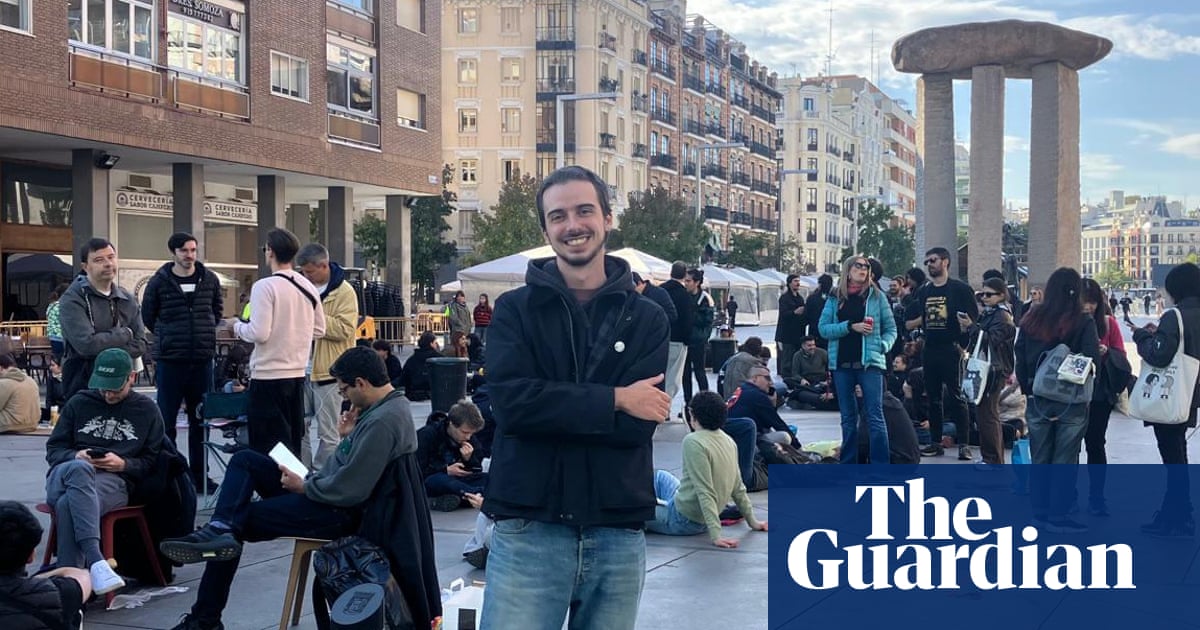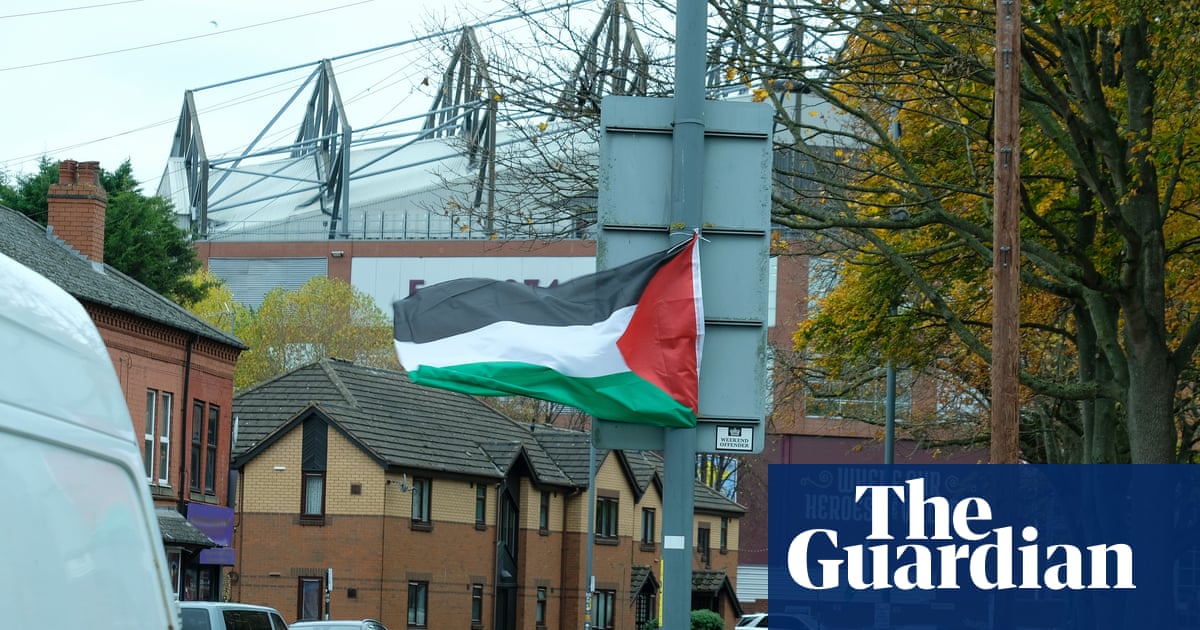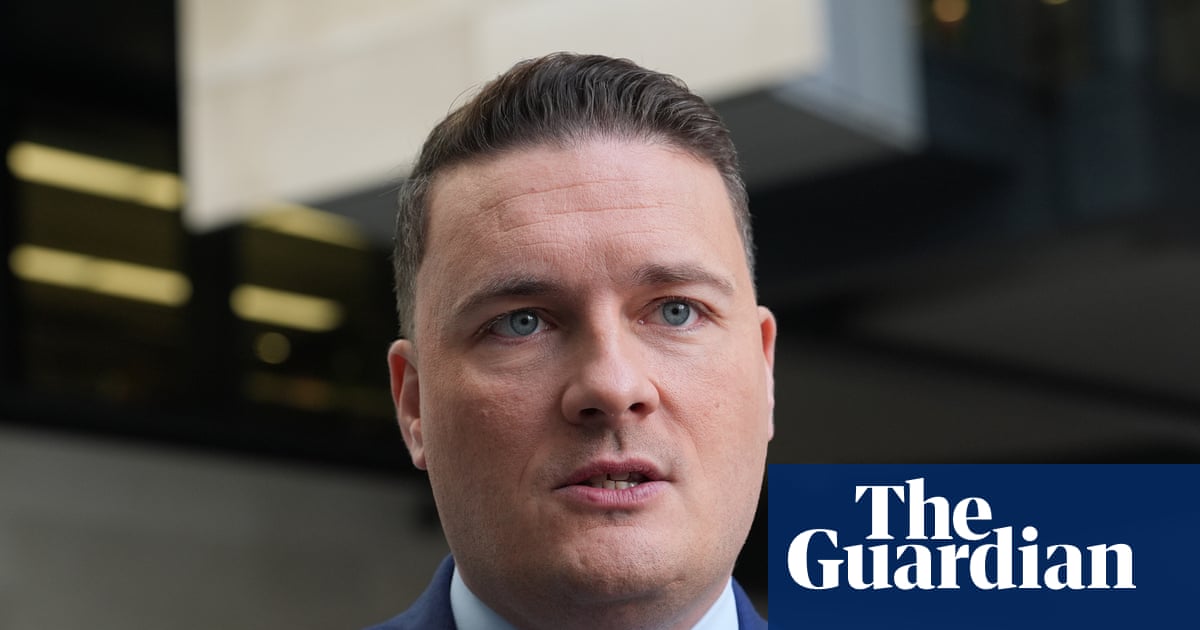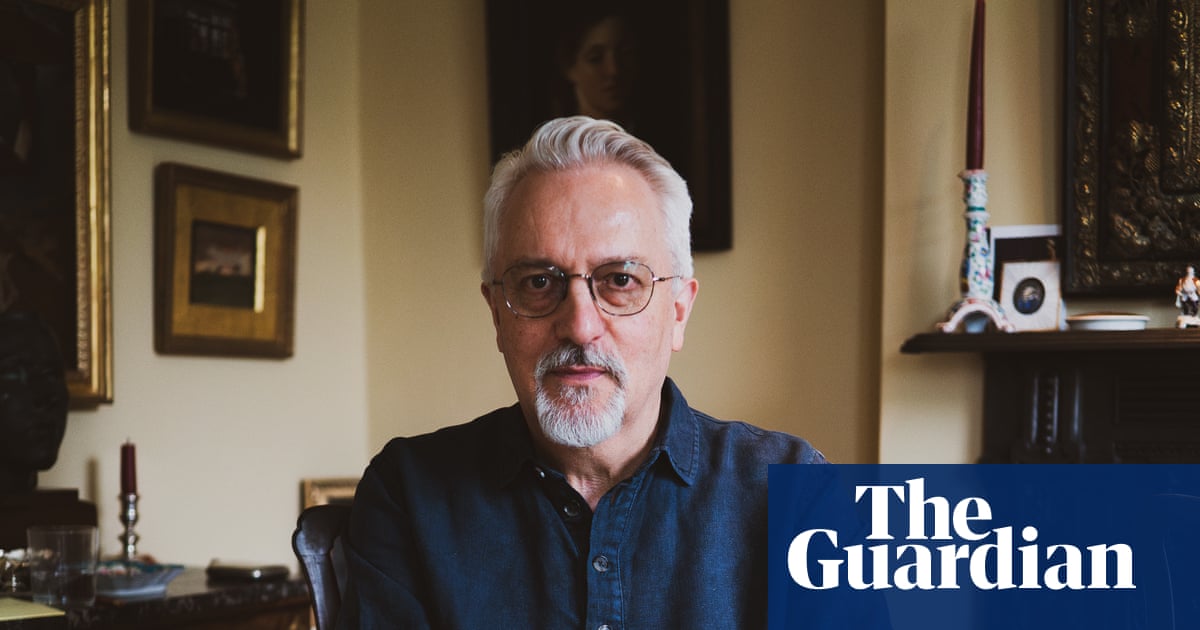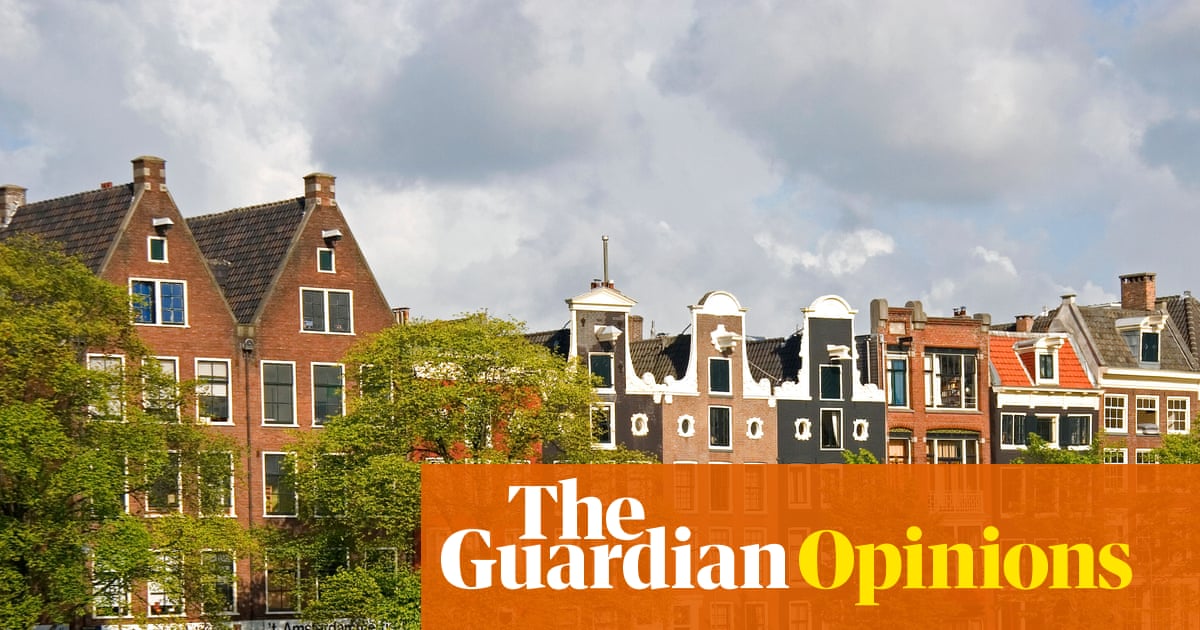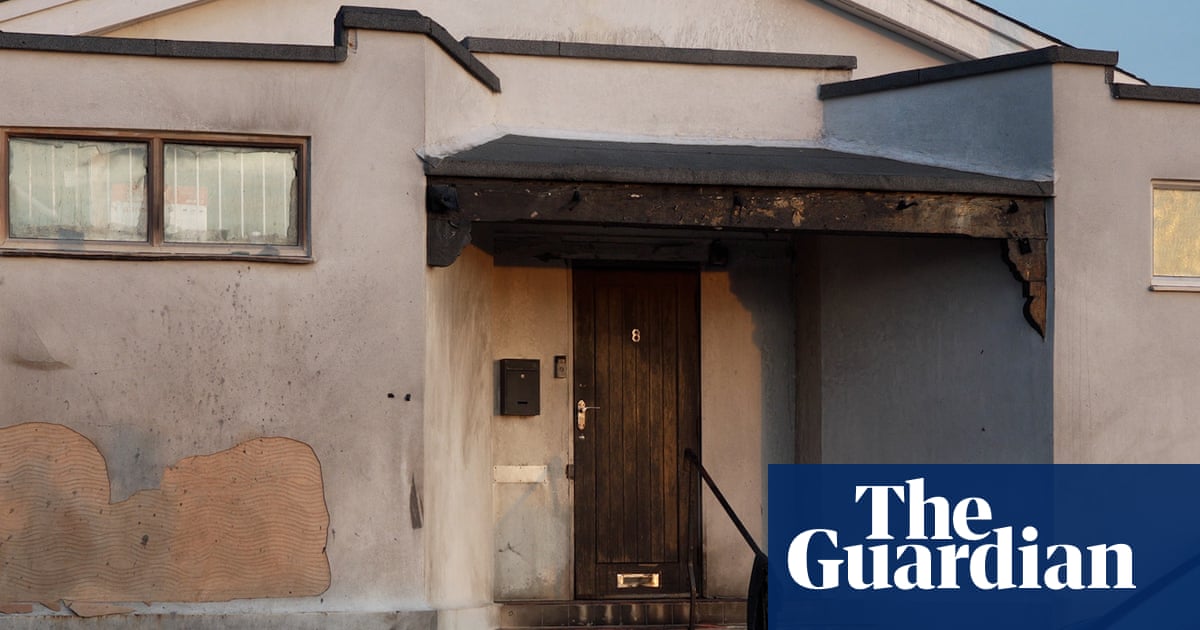I read Archbishop Stephen Cottrell’s article with compassion, but also frustration (I have seen the extent of child poverty in the UK and I say this: the two-child benefit cap must go, 1 September) . As someone from the squeezed middle, I work hard, live modestly and make careful choices. We share one car, skip holidays and stretch every pound. I haven’t ruled out having another child – but the cost of living makes it feel increasingly out of reach.
I agree no child should go hungry. But we must also ask: is it fair to expect taxpayers to subsidise larger families when many of us limit our own because we simply can’t afford more? If we remove all boundaries, where does that leave those of us who plan carefully and still struggle?
I see families doing their best, but I also see choices that make me wonder where personal accountability fits in. The two-child benefit cap isn’t perfect, but it’s a line in the sand. Without it, we risk deepening inequality – not just between rich and poor but between those who live within their means and those who don’t. We need compassion, but also fairness. And fairness means recognising that hard-working families like mine are already stretched.
Elizabeth Joseph
Portsmouth
Archbishop Stephen Cottrell and your readership should be aware that child poverty is not “soaring”. To our collective shame, through a succession of administrations, child poverty has remained at around the 30% mark for decades. Poverty levels are a political choice and child poverty is a particular scar on the UK’s political policymaking.
The collective shame is that the scale of child poverty is known, its persistence over 50 years has been monitored, the harm inflicted is well documented and affordable solutions are known. The hesitation over ending the two-child benefit cap should count as an embarrassment in England when in Scotland there is the Scottish child payment to low-income families, begun in 2021, with payments currently at £27.15 per week.
Carl Parsons
Greenwich, London
I was reassured by the article from the archbishop of York. For 12 years I volunteered with a local charity that provided advice, play schemes and, latterly, food parcels to families in insecure housing. These parcels became more and more crucial each year.
We helped some of the most impoverished families, those on “no recourse to public funds”, subsisting on less than £40 a week per child and nothing for adults. This project has now had to close for lack of funds. For a comprehensive child-poverty strategy, the government has to consider not only its direct policies but funding to the local authorities that clear up after national provision fails.
Ruth Valentine
London
I read with dismay and disbelief that families living in poverty, earning less than £9,518 will not be eligible for free childcare (Poorer families may not benefit as 30 hours free childcare begins in England, experts say, 1 September) and yet parents earning up to £100,000 a year are eligible. Who on earth thinks this is a suitable policy for children already living in poverty?
Surely, as the archbishop writes, it is in all our interests that all children have a fair start in life. It is well known that children deprived in early life never catch up on their better-resourced peers. No wonder support is draining away from this Labour government.
Helen Kay
Edinburgh

 1 month ago
50
1 month ago
50
